A few months ago, one of my critique buddies, Judith, asked for recommendations for books on writing middle grade novels so that she could more thoughtfully critique middle grade manuscripts. While I was appreciative of her dedication to her critiques, I was hesitant to steer her to my favorite titles for fear that I’d lose her honest and unadulterated impressions of my manuscripts.
While there are several excellent books on the craft of writing for kids, including books that address novel writing, I wonder if those are best used in the process of writing a book, and then only while also reading shelves of current middle grade novels. I say that because so often books on writing attempt to crystallize rules and recipes, that can be dangerous if applied in a vacuum.
So, for me, what’s most important from a critique, is hearing what’s working and what’s not. And even though it’s not always helpful to simply hear “Chapter 1 doesn’t work for me” an ensuing discussion – and yes, it’s important that I have other middle grade writers in my group – usually clarifies why. To me that’s much more valuable then engaging in plot-speak from a novel-writing book.
I think it’s helpful to be able to use novel-writing terminology if it make sense in a particular analysis. And certainly if there’s a writing rule that “explains” discomfort with a particular passage, then knowledge of the craft becomes meaningful.
Consider this example: Critique buddies, Boni and Mimi both felt that my middle grade work in progress needed to begin a little later in the story, when the action of the scene began. Neither reader writes children’s literature, but Mimi mentioned that in her writing workshops instructors are always harping on “beginning in the middle of the action.” This is a well-known novel writing rule. And of course, I was trying to be different – and it didn’t work. But the important point here is that neither of my readers referenced that rule until they could see that there was something bugging them about Chapter 1. If Chapter 1 had worked well for them, the rule about beginning in the middle of the action wouldn’t have mattered.
Just like our picture books, there are thousands of different kinds of middle grade novels out there – I’m talking VASTLY different. And there are so few rules or truths that apply to all. So what needs to remain at the forefront of our thoughts as we critique is “Is it working?”
Don’t get me wrong, It’s certainly important to address the “whys.” And that’s where knowledge of the craft can help. So Judith, I’m not telling you to avoid books on middle grade novel writing. But having the “unadulterated” thoughts of a fresh reader is most important.


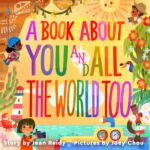
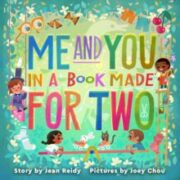
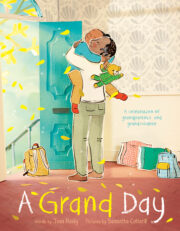
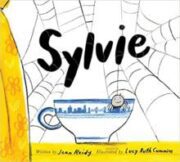
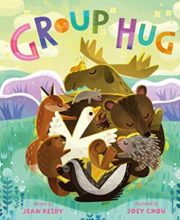
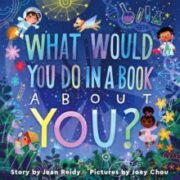
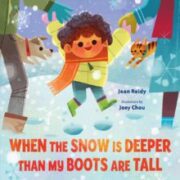
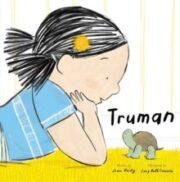

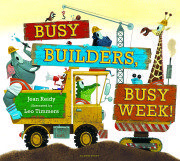
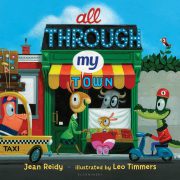
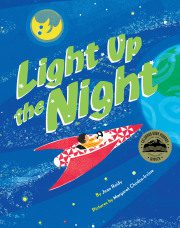
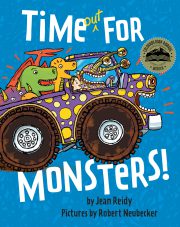
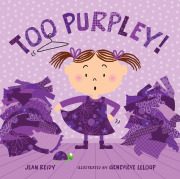
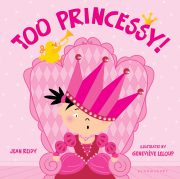
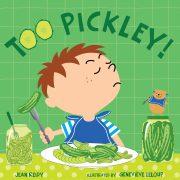
This is working. 😀 Great post! I agree with not wanting to apply rules of writing in a vacuum. I have experienced some of that with some of my critique buddies. It is important to also read the books written with those rules, and note when those rules have been broken and how the writer did it, and to see what is working so you'll know when it's not working. They why is helpful in giving
Thanks Traci!! And I love your thoughts about exploring books where rules have been kept and where they've been broken. <br /><br />So often, when rules have been broken, there is something that's been done SO RIGHT (to an overarching degree) it makes up for the broken rule. Other times, the book is so different that the rigid rules simply don't apply.